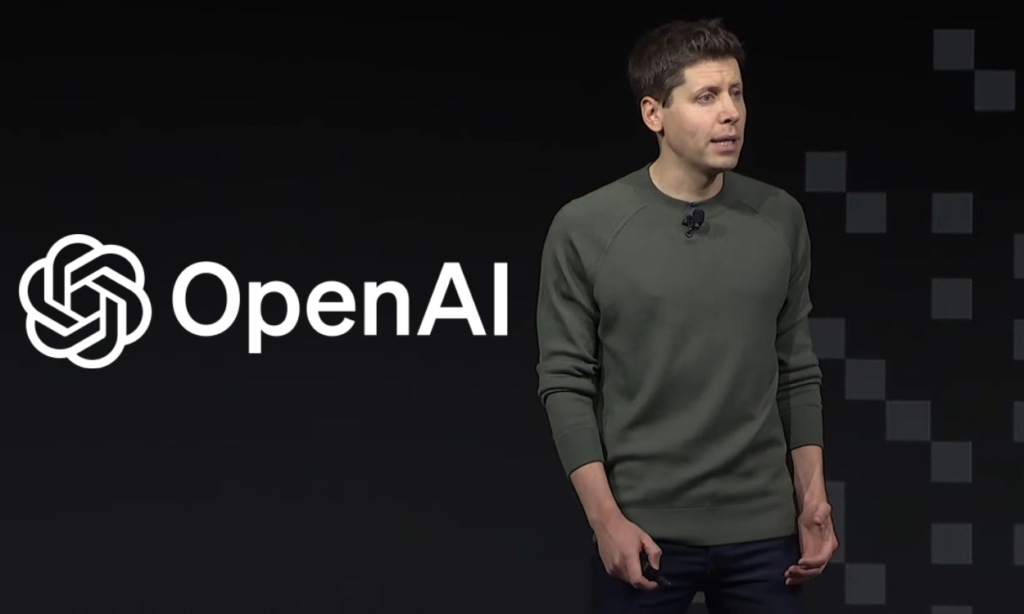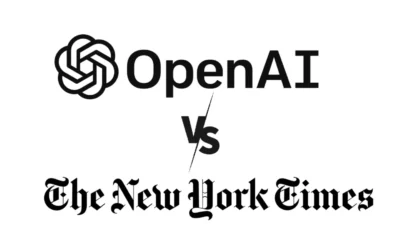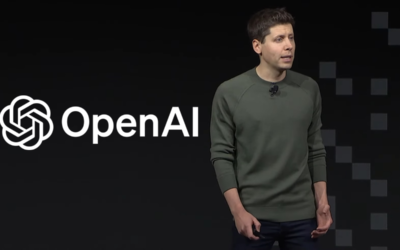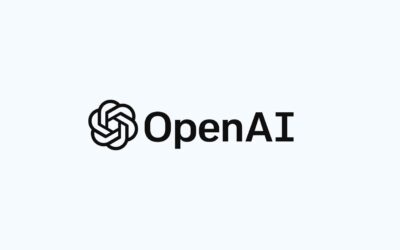The Imperfections of OpenAI’s O1 Preview: Insights from Sam Altman

In the rapidly evolving world of artificial intelligence, continuous feedback and iteration are crucial for success. Recently, Sam Altman, CEO of OpenAI, made headlines by acknowledging significant flaws in the much-anticipated O1 Preview of OpenAI’s technology. This revelation prompts an important conversation about the implications of AI development, user expectations, and the path forward for AI innovators.
Understanding the O1 Preview
The O1 Preview was intended to showcase OpenAI’s latest advancements in AI, particularly in improving user interaction and response quality. However, Altman’s candid assessment revealed that the technology is not without its shortcomings. By openly discussing these flaws, OpenAI emphasizes its commitment to transparency and improvement.
Key Flaws Identified
Altman pointed out several critical issues within the O1 Preview, including:
- Inconsistent Performance: Users have reported variable performance across different tasks, leading to frustration and a lack of trust in the technology.
- Misalignment with User Intent: The AI sometimes misunderstands user prompts, which can result in irrelevant or incorrect responses. This misalignment can undermine user confidence and limit the effectiveness of AI in real-world applications.
- Ethical Concerns: There are ongoing discussions about the ethical implications of AI outputs, particularly concerning bias and misinformation. The flaws in the O1 Preview exacerbate these concerns, highlighting the need for rigorous oversight and continuous refinement.
Implications for the AI Community
Altman’s acknowledgment of the flaws in the O1 Preview serves as a reminder to the AI community about the importance of humility and accountability. As AI technologies become increasingly integrated into daily life, developers must prioritize user feedback and ethical considerations to build trust and ensure positive outcomes.
The Path Forward
Moving forward, OpenAI plans to:
- Enhance User Feedback Mechanisms: Gathering comprehensive feedback from users will be crucial for identifying and addressing flaws more efficiently.
- Iterate on Design: OpenAI is committed to iterating on its technology, prioritizing improvements based on user experiences and expectations.
- Increase Transparency: By openly discussing challenges, OpenAI aims to foster a culture of transparency that encourages collaborative problem-solving within the AI community.
Conclusion
Sam Altman’s candid comments regarding the flaws in the O1 Preview highlight a critical moment in the evolution of AI technology. The acknowledgment of these shortcomings not only demonstrates OpenAI’s commitment to improvement but also serves as a valuable lesson for the broader AI community. As we continue to explore the potential of artificial intelligence, it is essential to prioritize transparency, user feedback, and ethical considerations to create robust and trustworthy technologies that serve society well.
The journey of AI development is fraught with challenges, but by embracing these challenges and learning from them, we can work towards a future where AI technologies empower individuals and organizations alike.






